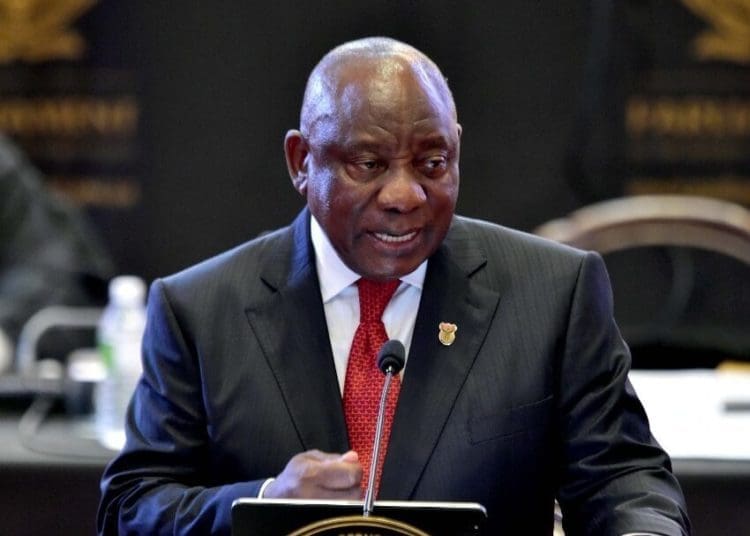President Cyril Ramaphosa has announced the plan to use the Employment Tax Incentive to encourage small businesses to hire unemployed young people. In his State of Nation Address last night, the president stressed that this year, there is an undertaking for far-reaching measures to unleash the potential of small businesses, micro-businesses, and informal businesses.
“These are the businesses that create the most jobs and provide the most opportunities for poor people to earn a living, said Ramaphosa. He said for several years, the Employment Tax Incentive has been an effective way to encourage companies to hire new work seekers and added that the changes to the incentive will make it easier for small businesses, in particular, to hire young people.
According, to the SA Revenue Services website, the ETI was implemented with effect from 1 January 2014 with the aim of reducing the employers’ cost of hiring young people through a cost-sharing mechanism with the government. This is done by allowing the employer to reduce the amount of Pay-As-You-Earn (PAYE) that the business pays while leaving the wage received by the employee unaffected. For example, employers who are registered for PAYE, and who employ a person for the full month and earn R2000, will get R1 000 off their monthly PAYE liability.
The President said the Minister of Finance Enoch Godongwana would announce the details of these changes in the budget next week. Ramaphosa called on companies to support this effort, take up the incentive and give young people a place in the world of work. Many young South Africans are excluded from economic activity, and as a result suffer disproportionately from unemployment, discouragement, and economic marginalisation.
According to Statistics SA, Youth Unemployment Rate in South Africa reached an all-time high of 64.40 percent in the second quarter of 2021 compared to the average of 54.21 percent from 2013 until 2021. High youth unemployment means young people are not gaining the skills or experience needed to drive the economy forward. This lack of skills and experience can easily become an impediment to employment, thereby having long-term adverse effects on the individual and the economy.
The president also pointed out that the agriculture sector had also recognised the importance of supporting small-scale farmers and integrating them into value chains. He said through the sugar master plan, the industry has provided R225 million to over 12,000 small-scale sugar cane growers as part of an R1 billion commitment to support black farmers. “We will be expanding the provision of input vouchers and calling on other sectors to join this effort so that we can collectively reach up to 250,000 small-scale farmers this year,” said Ramaphosa.


























































